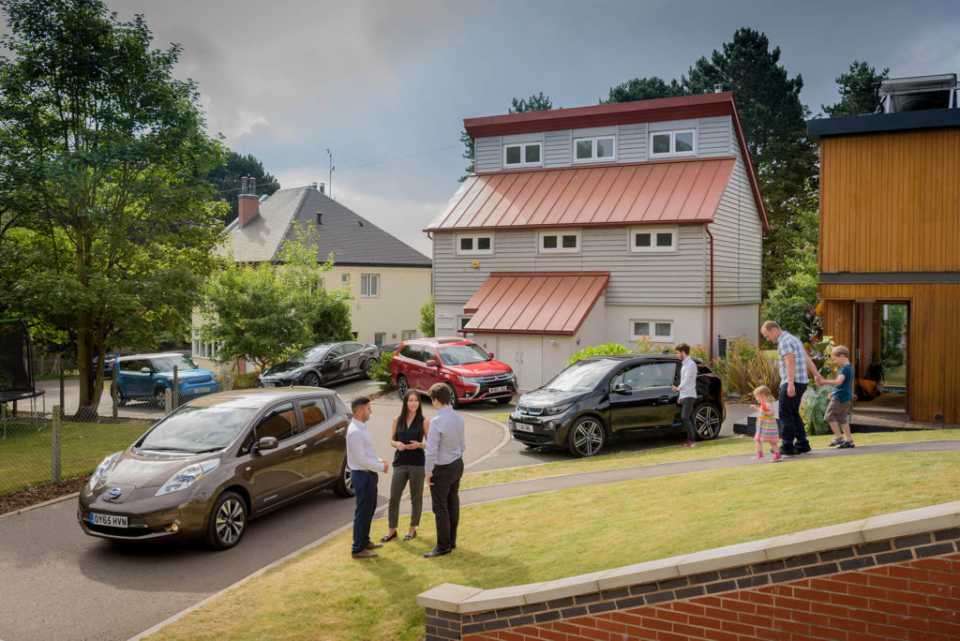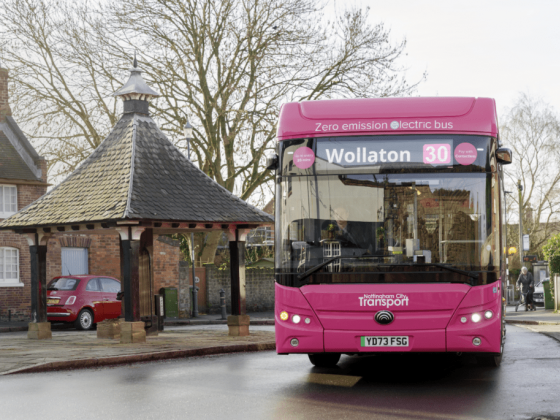Smart charging is key to managing EV grid demand, trial shows

The Electric Nation project is soon to announce its initial findings, which is expected to show that smart charging can provide a key solution to the challenge of the demand from increasing EVs on electric networks.
Electric Nation is investigating the benefits which smart charging could provide for local electricity networks, where additional demand from local clusters of EVs could require reinforcement of these networks.
It is due to announce its findings on the first day of the Cenex Low Carbon Vehicle event, held at Milbrook on 6-7 September.
They are based on almost 70,000 hours of charging data, and show that 48 per cent of plug-in events between 5pm and midnight.
On average, these vehicles are plugged in for 12 hours, but are only charging for just over two hours.
This suggests that there is likely to be sufficient flexibility to manage charging away from peak electricity demand periods. This concept will be explored further through the smart charging trial taking place during the rest of 2017 and 2018.
Over 40 different makes and models of EVs are taking part in the trial, and the geographical hot spots of EV owners who are taking part will be revealed in Electric Nation’s presentation at LCV.
Electric Nation, one of Western Power Distribution’s (WPD) innovation projects, with collaboration partners EA Technology, DriveElectric, Lucy Electric GridKey and TRL, is believed to be the world’s largest trial of its kind, and is offering a free smart charger to 500-700 electric vehicle drivers.
The project is ahead of schedule with recruitment, having received over 2,500 enquiries, which have translated to over 700 signed expressions of interest, of which over 400 have been approved, and over 350 smart chargers have now been installed.
Mark Dale, innovation manager, Western Power Distribution, commented “The UK government is looking to mandate smart charging, and the Electric Nation project is providing evidence about whether it will work.
“Research shows that at least 30 per cent of Britain’s low voltage networks are likely to require investment by 2050 to charge EVs, costing at least £2.2bn.
“Our early findings suggest that smart charging could reduce, delay or avoid the need to upgrade or replace these networks.”



